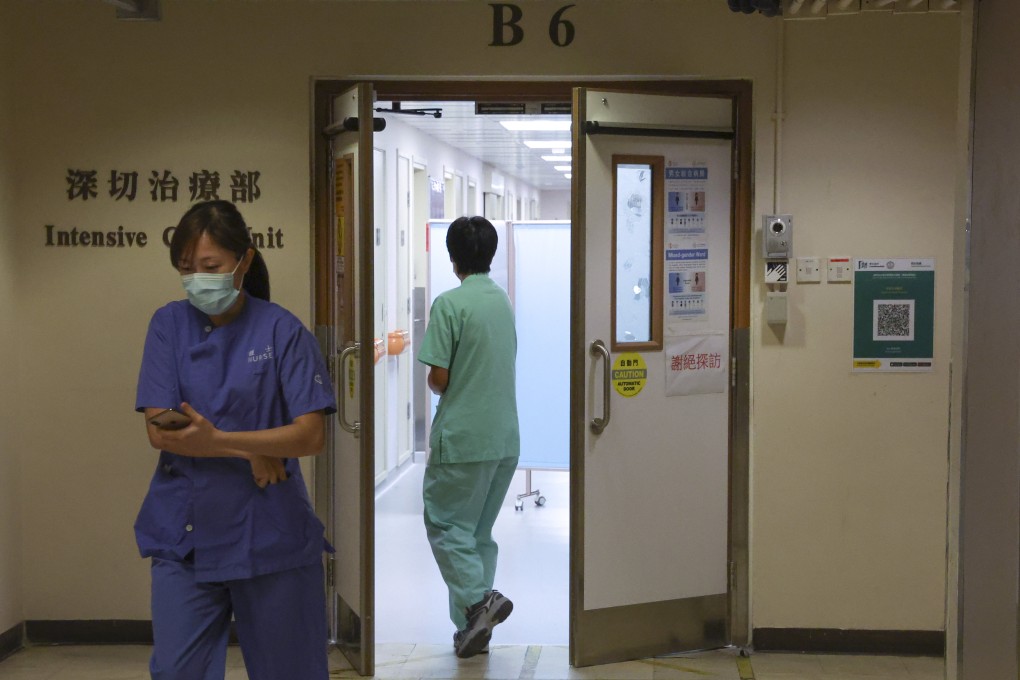Opinion | Hong Kong must spend more wisely on healthcare, starting with how we pay public doctors
- It’s time to review no-questions-asked pay rises and bonuses, and no-strings-attached overseas training sponsorships and incentives
- Funding should be based on value-driven outcomes supported by data, with salaries subject to performance, and bonuses and incentives tied to years of service

According to the Health Bureau, Hong Kong’s healthcare expenditure has steadily grown to 7 per cent of its gross domestic product, making it one of the highest in Asia.
The government grant for the Hospital Authority has grown to HK$92.1 billion (US$11.7 billion) for the financial year just ended, from HK$83.0 billion the year before. That is a jump of 11 per cent, with almost all of the grants going into recurrent expenditure.
What is worrying is that over 70 per cent of the budget goes to healthcare providers, most of it on salaries, and this percentage looks set to rise.
The annual salary of a junior non-specialist doctor working in a public hospital starts from more than HK$900,000 and goes up to around HK$1.9 million. And this excludes the gratuity bonuses given out every three years and any overseas training sponsorship. Once they become specialist doctors, earnings can be as much as HK$1.6-3 million.
Across the globe, specialists take higher salaries than junior doctors after six to seven years of training. But in Hong Kong, a junior first-year doctor is already paid about as much as a fully trained specialist in the United Kingdom.
